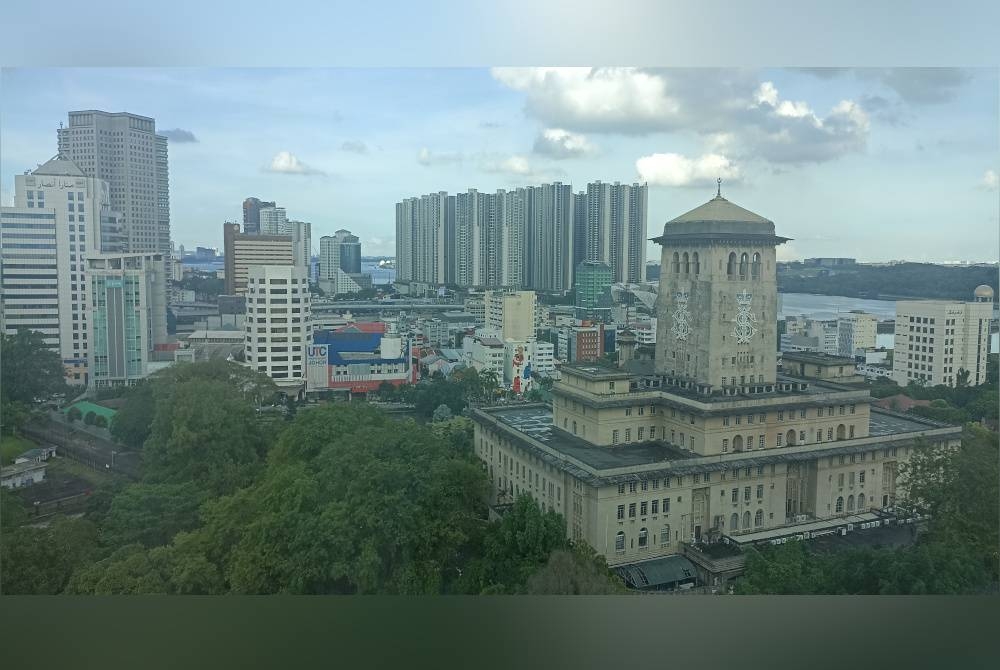Singaporeans on shopping spree in Johor



The Malaysian ringgit (RM) is currently at its lowest value in history compared to the Singapore dollar (SGD) where the value is around RM3.4047.
The current level had surpassed its previous weakest level of RM3.4019 recorded on Nov 10, last year.
The currency development may seem as something negative for Malaysia, but from a different point of view, it was giving an economic overflow to the country especially for Johor in the retail, hospitality, food and beverage sectors.
The high value of the SGD increased the purchasing power of its people, thus making Johor Bahru a "paradise" for shopping.
**media[2210930]*
THE FALL OF RINGGIT IS A BLESSING FOR LOCAL TRADERS
The drop in ringgit was seemingly a blessing to traders in Johor.
The increase in the value of the SGD compared to the ringgit had simultaneously increased the purchasing power of the people in the republic country.
Therefore, a lot of Singaporeans flooded the state not only to shop in supermarkets, but to also enjoy food and drinks at a much lower price due to the currency exchange rate.
Based on Sinar Ahad's survey, most of the local traders admitted that there had been an increase in the number of customers from the neighboring country, thus increasing their income.
LC Catering Restaurant operator Zaini Atan, 63, said the drop in ringgit value has brought a lot of benefits to traders as Singaporeans spent extravagantly in the city.

"There are two factors that influence Singaporeans to shop in Johor Bahru. First is the currency exchange rate and secondly, the flow of traffic at the two entrances here.
"Singaporeans do not mind shopping here especially as the exchange rate of SGD to ringgit is favourable to them.
"They can get RM3 from SGD1 only. This has influenced them to come to Johor Bahru.
"Additionally, it could not be denied that in Singapore, there are no interesting places to go to, to eat unlike in Johor. Other than the local food, Johor Bahru also serves other options such as Thai restaurants and western food," he said.
Zaini, who has been in business for over 25 years said almost 40 per cent of the customers at his restaurant were Singaporeans.

Meanwhile, the operator of Nasi Lemak Ondeng Basmati Restaurant in Taman Molek, Md Fauzi Suradi, 49, said there had been an increase in the number of Singaporeans customers.
In fact, he said they (Singaporeans) simply ordered food at his restaurant without looking at the price due to the high currency exchange rate.
"Money is not an issue for them and they even consider Johor Bahru as a "food paradise". If our currency rate continues to decline, it is not impossible that more Singaporeans will shop here," he said.

However, for fishmonger at Larkin Public Market, Syamsul Saiful Ismail, 48, the fall of ringgit did not influence customers from Singapore to buy fish at his stall.
He said previously almost 50 per cent of the customers at the market were Singaporeans who came on the weekends.










